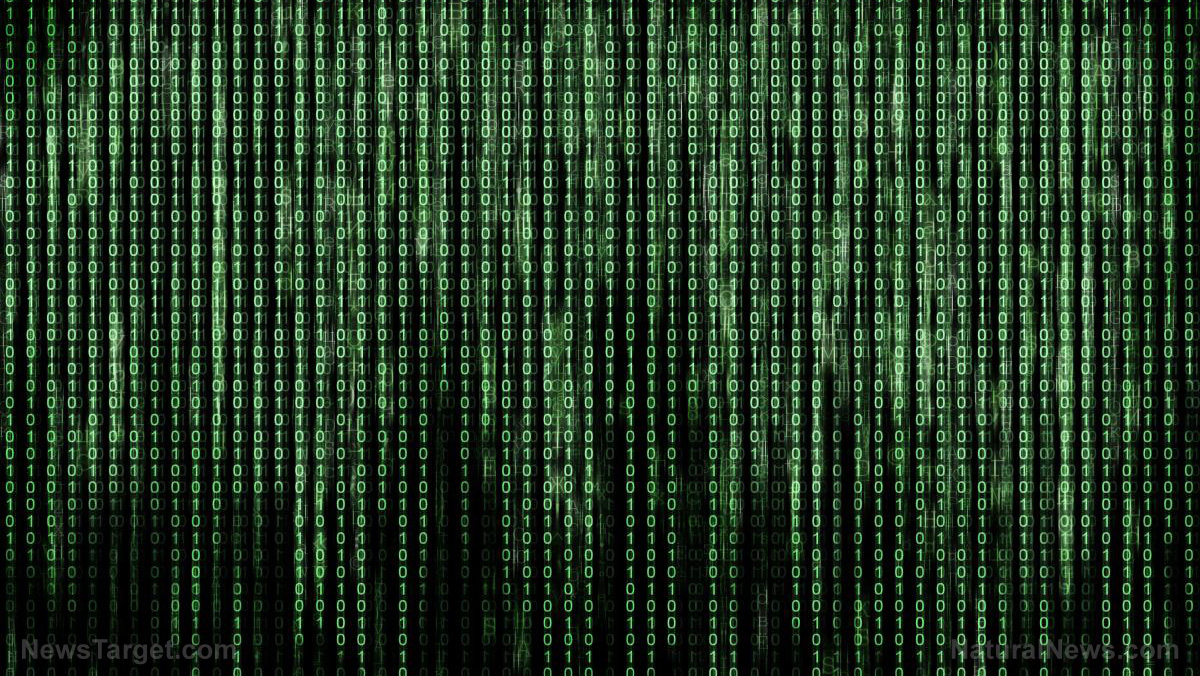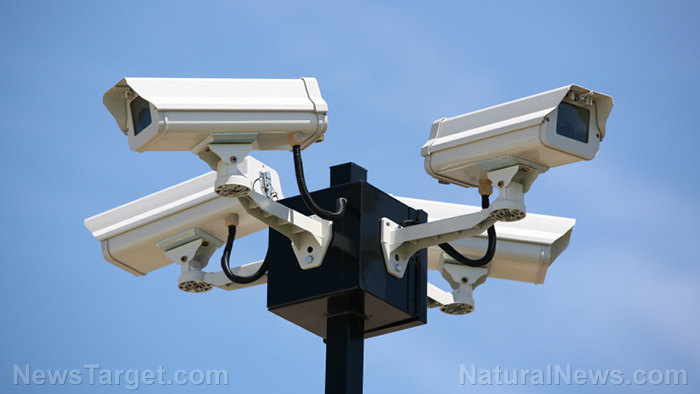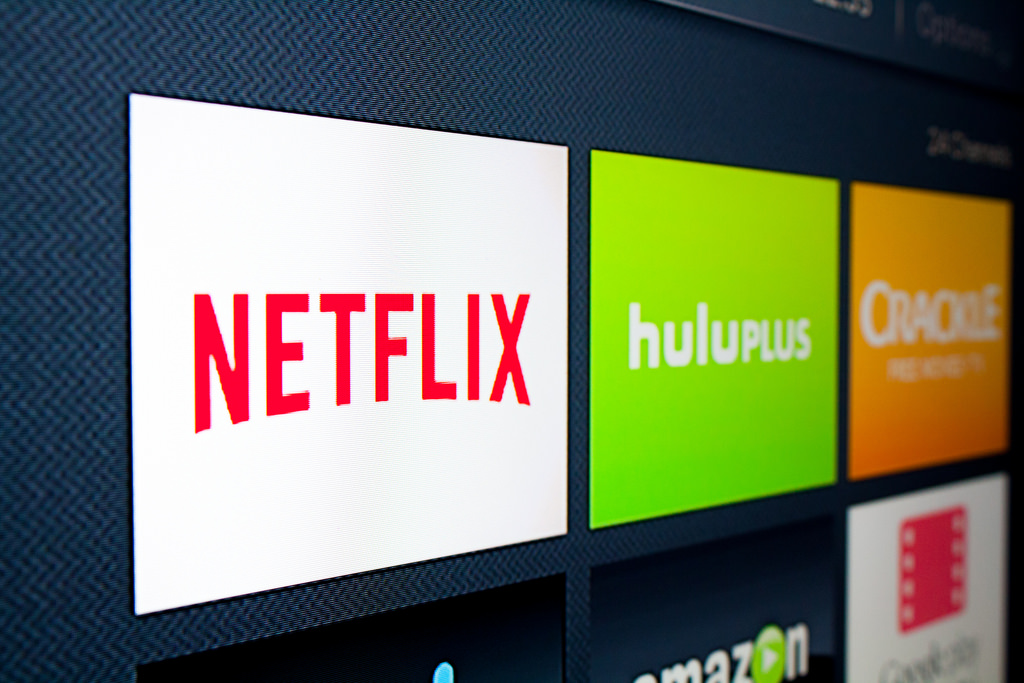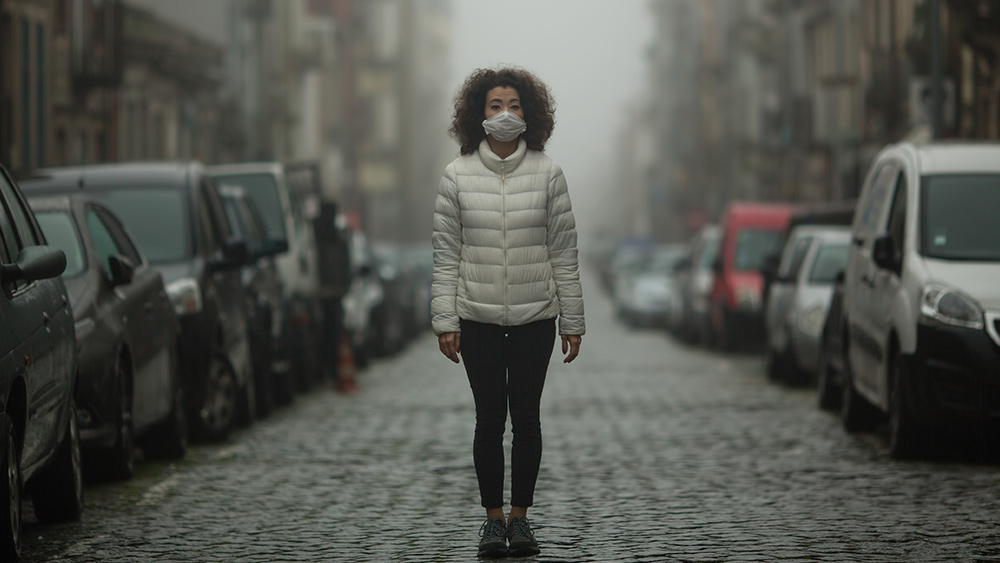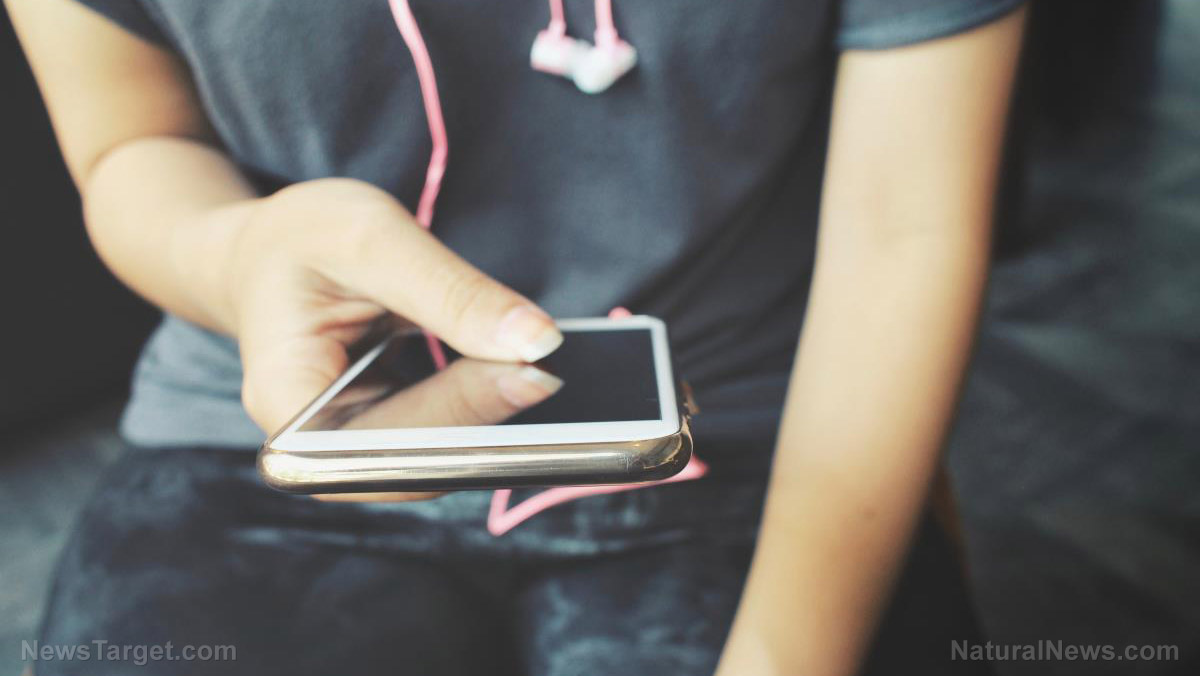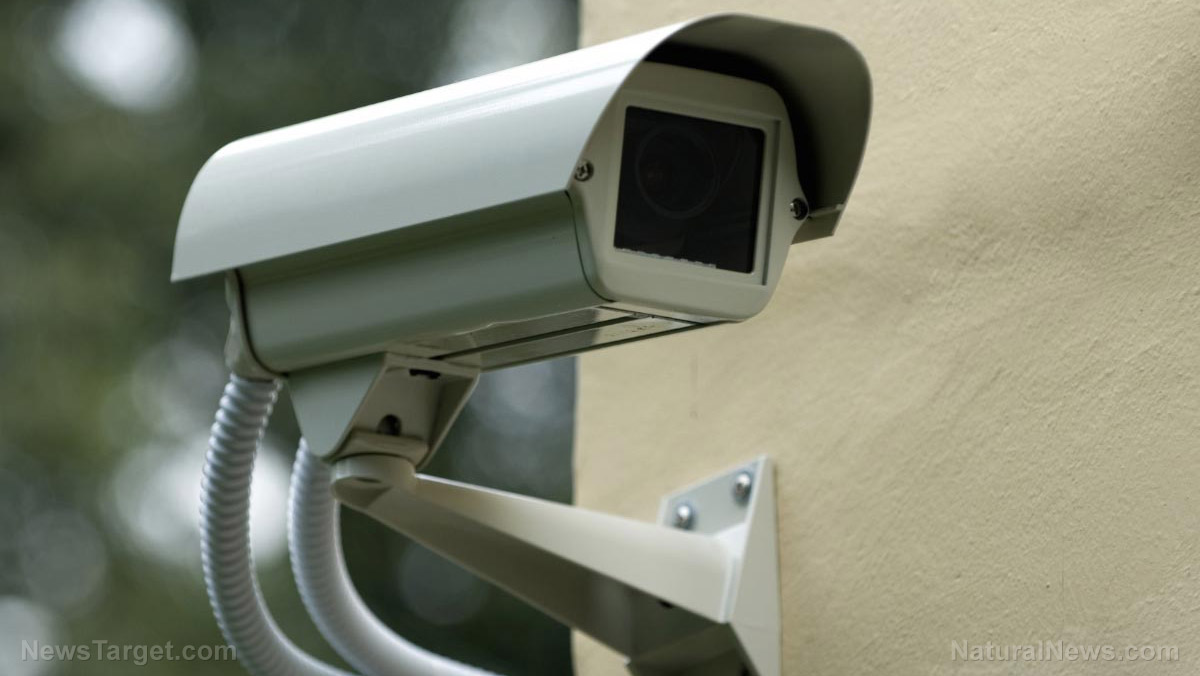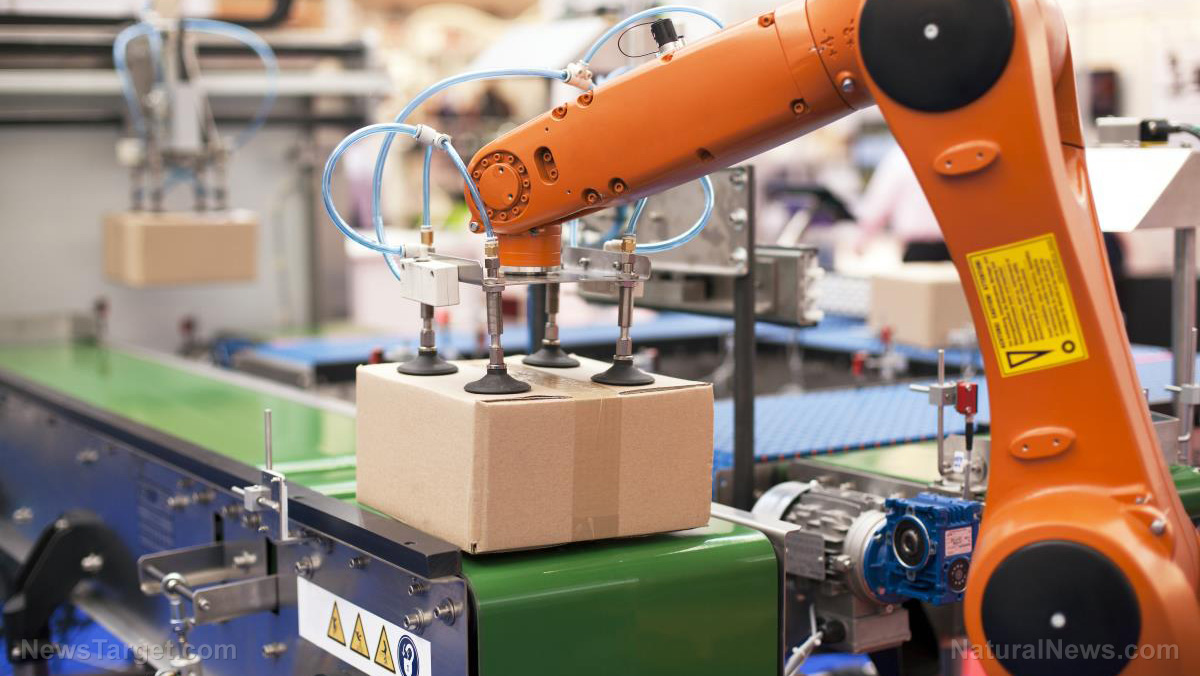The coronavirus outbreak is sparking the rollout of more digital surveillance
04/22/2020 / By Franz Walker

The global coronavirus pandemic and the measures being implemented to stop its spread are rewiring people’s sensitivities about digital surveillance and data privacy. Governments around the world are now rolling out surveillance schemes — even some that are particularly invasive — all in the name of stopping the pandemic. Privacy advocates, however, warn that these governments will not want to let go of these technologies, even after the crisis is over.
Big Brother is watching — and wants you to stay at home
In both South Korea and Israel, authorities use telecom data to track potential COVID-19 patients. Investigators in South Korea can scan smartphone data to find people who might have caught the coronavirus from someone they met within the space of 10 minutes. Israel, on the other hand, has tapped its anti-terrorist Shin Bet intelligence unit to track down potential COVID-19 patients using phone data.
In the United Kingdom, at least one police force has started using drones to monitor public areas, shaming any residents caught going out for a stroll. Tunisia has taken similar steps, deploying security robots equipped with thermal cameras to enforce the lockdown in the capital city of Tunis.
These measures are just some examples of how governments have turned to digital surveillance tools to track and monitor individuals in the name of slowing the spread of the pandemic. Many citizens in these countries have even welcomed the tracking technology intended to bolster defenses against the coronavirus. (Related: Coronavirus being used as justification to implement a total surveillance society.)
Governments in Asia are setting a dangerous precedent, as most of them do not seek permission from individuals to track their cellphones, all in the name of identifying COVID-19 patients. After the initial outbreaks, the governments of China, South Korea and Taiwan have chalked up their early successes in flattening infection curves, in part, due to their use of surveillance programs.
China, in particular, used smartphone data to track people who had left Wuhan, where the pandemic began, to go on holiday over the Lunar New Year. This information was then used by local officials who contacted the targeted individuals, asking them to quarantine themselves even if they hadn’t shown any symptoms. The country also used security cameras and travel records to identify people who had been in contact with COVID-19 patients on trains, airplanes and even street corners, putting these people in forced isolation.
Europe and America trying to follow suit
Privacy laws and expectations tend to be more stringent in the West. However, that hasn’t stopped governments in Europe and the U.S. from trying out different methods of digital surveillance.
Some European nations plan to monitor their citizens’ movement using the Pan-European Privacy-Preserving Proximity Tracing (PEPP-PT) project. Those involved in the project claim that the technology used respects the privacy of those it monitors.
“We embrace a fully privacy-preserving approach. We build on well-tested, fully implemented proximity measurement and scalable backend service,” states the project on its website.
Meanwhile, U.S. officials are drawing cellphone location data from mobile advertising firms to track the presence of crowds — but not individuals. In addition to this, Apple and Google recently announced plans to release a voluntary app that health officials can use to track a patients’ recent whereabouts, provided the patient agrees to share that information.
A watershed moment
According to security professionals, the coronavirus pandemic could become a watershed moment similar to 9/11. In the aftermath of the attack, governments around the world ushered in new surveillance powers in the name of protecting public safety. Jim Harper, an original member of the Department of Homeland Security’s (DHS) Data Privacy and Integrity Advisory Committee, warned that once such surveillance powers are in place, they are rarely ever removed and often become repurposed as a political tool.
This time, however, surveillance efforts have a new ally in the form of public-health experts who say that some form of digital tracking will be necessary for the months ahead, even after lockdowns are relaxed and people return to more normal lives.
The need to track the spread of the outbreak and the movements of people infected with the virus has seemingly made Americans more open to the idea of anonymized surveillance. According to a Harris Poll survey of about 2,000 people conducted between March 28 and 30, over half of Americans now back anonymized government smartphone tracking. This is a huge shift compared to a similar Harris survey from last year, where Americans indicated that data privacy was the biggest issue facing companies.
While people’s perceived invasiveness of such technologies varies, the tentpoles are shifting, says Joseph Cannataci, the United Nations special rapporteur on privacy rights. “Things are going too fast, and not enough scrutiny is being applied,” he states.
Cannataci’s next report to the U.N. General Assembly in October will address coronavirus surveillance and privacy.
Sources include:
Tagged Under: badtech, badtechnology, China, computing, coronavirus, covid-19, flu, Glitch, government, infections, Orwellian, outbreak, pandemic, police state, privacy, South Korea, superbugs, surveillance, UN, virus
RECENT NEWS & ARTICLES
COPYRIGHT © 2017 COMPUTING NEWS


